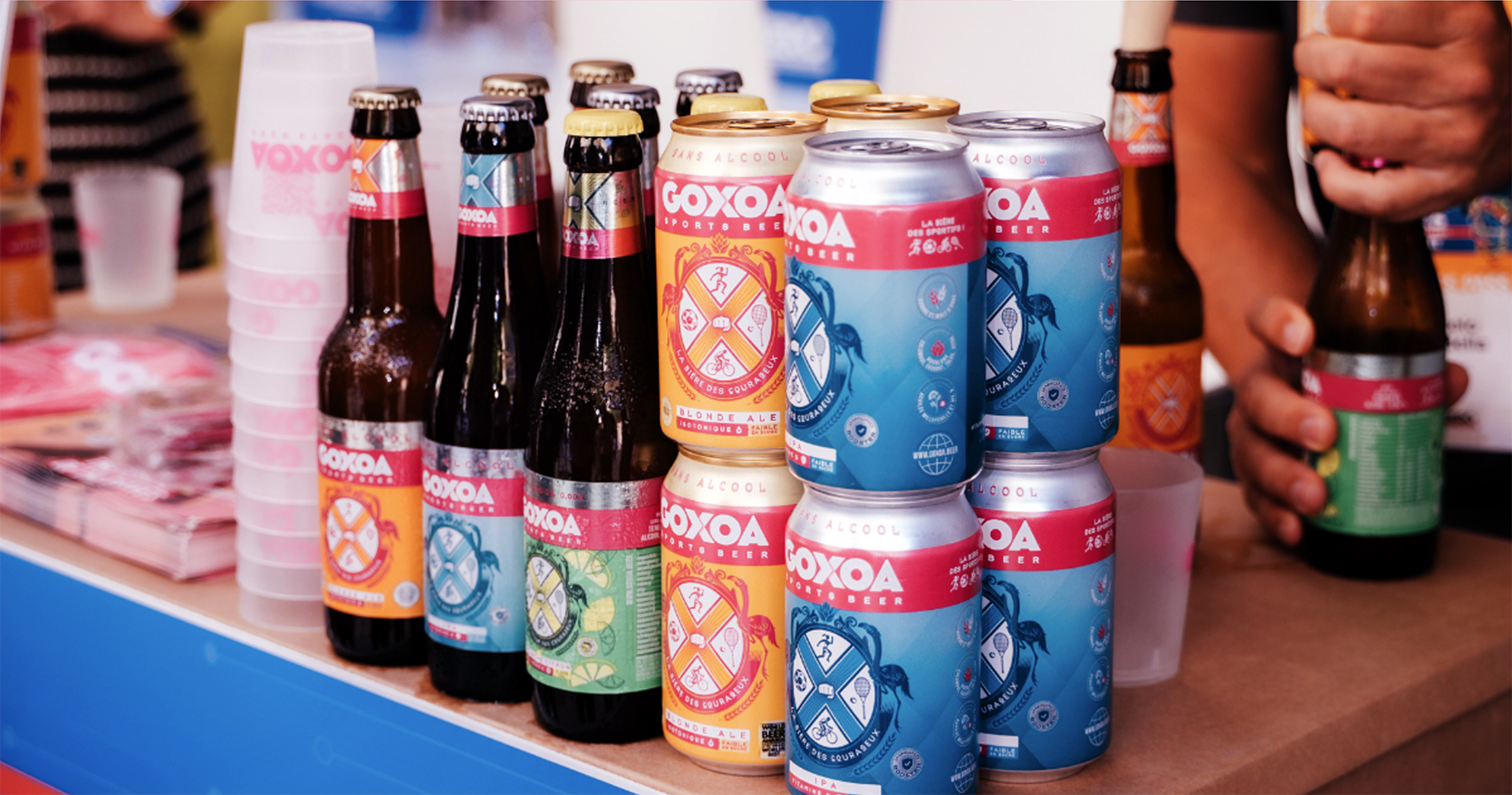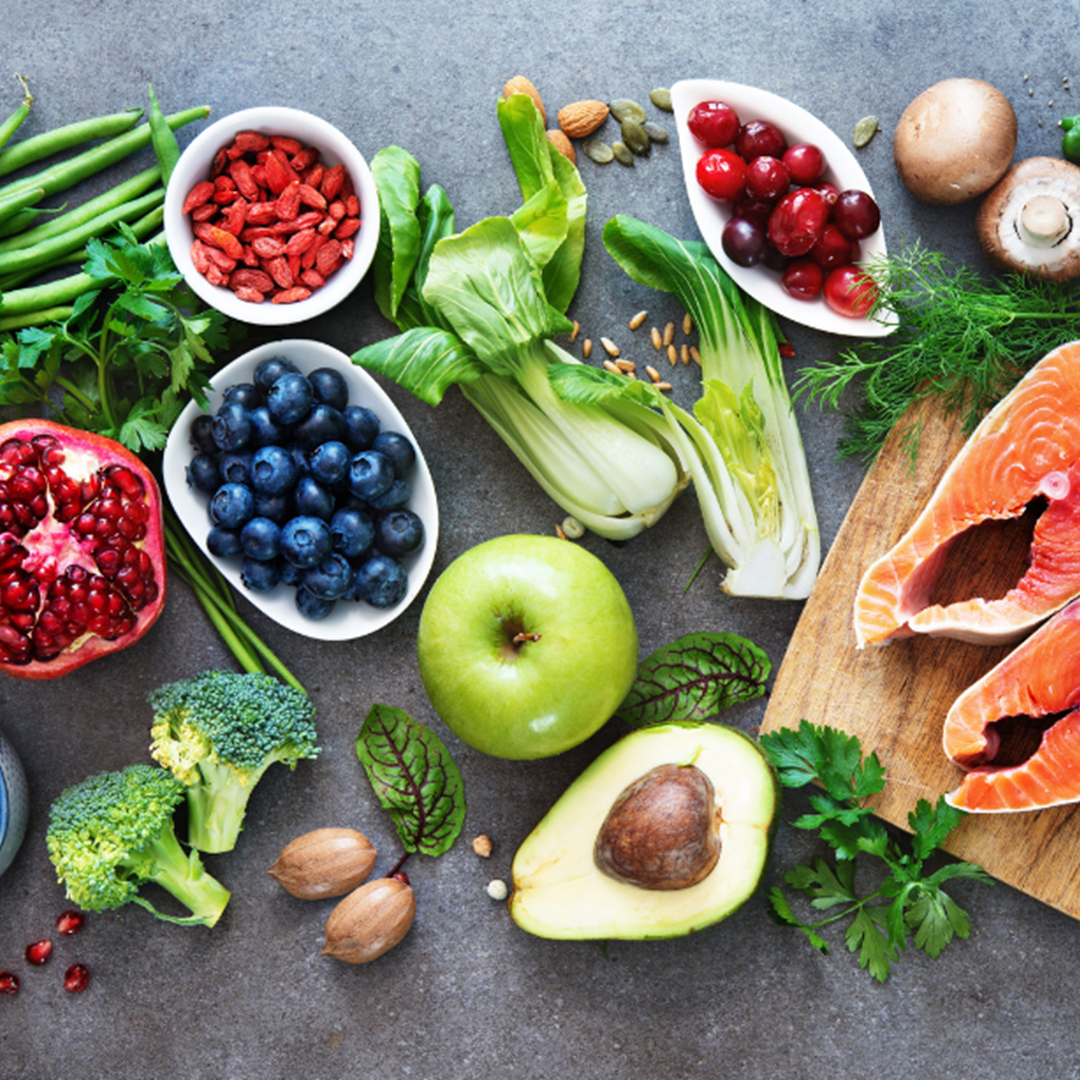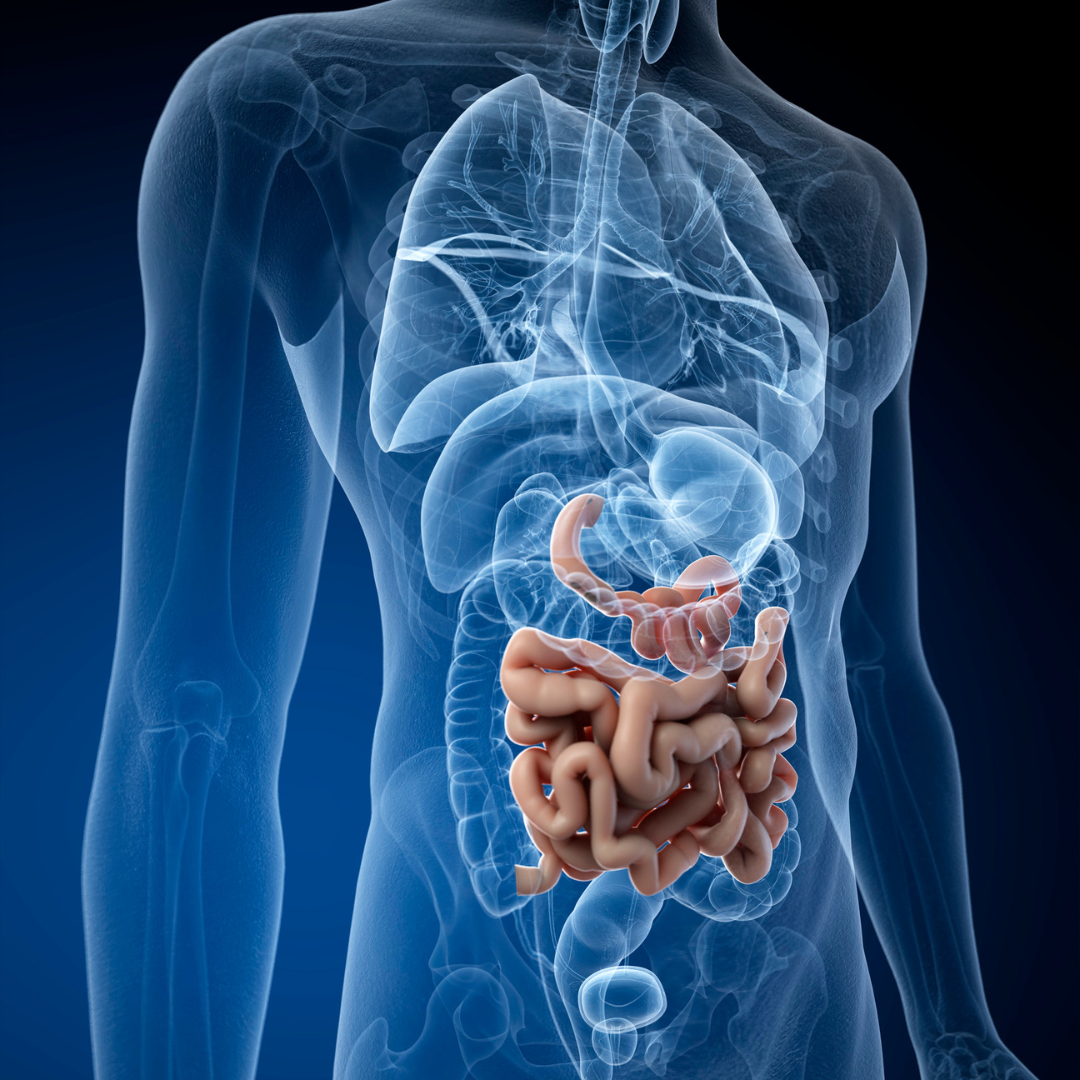The Green Revolution: Transforming the Food Sector Through Bioeconomy
In the first decade of the 21st century, the concept of bioeconomy began to popularize and consolidate by the European Union and the Organization for Economic Cooperation and Development (OECD) with the objective of promoting the use of biotechnology to develop new products and markets.
This concept emerges as a response to the need to address the scarcity of non-renewable resources, the negative impact on the environment and the demand for diversification in sources of renewable resources. This approach is also nourished by available technological advances and the growing interest of consumers in sustainability. In essence, the bioeconomy seeks to make sustainable use of biological and renewable resources.
This issue has become a way to balance economic growth with environmental conservation. At the national level, the main instrument for bioeconomy development is the Spanish Bioeconomy Strategy: Horizon 2030, published in 2015 by the Ministry of Agriculture, Fisheries and Food, recognizing, the importance of preserving species diversity and ecosystem balance; bioeconomy focuses on maintaining the biological resources necessary for long-term food production. During ftalks Food Summit 2023, we had the opportunity to learn first-hand about this initiative since, Begoña Pascual, head of the innovation and digitalization area of Ministry of Agriculture, Fisheries and Food, moderated the debate that highlighted the commitment of this project to stimulate and focus attention on initiatives that promote the use of renewable biological resources and the conversion of by-products into products with high added value, such as bioproducts and bioenergy.
This strategy directly contributes to strengthening food security and preserving the genetic diversity of plants and animals; essential aspects for being able to adapt to new changes and face emerging challenges in agriculture. At ftalks23, Andrés Pascual, Director of Innovation at AINIA, stressed that the most attractive challenge of the bioeconomy is to achieve economic growth while solving environmental problems related to the use of biological resources, taking advantage of technological innovation. In turn, he said that this challenge offers the opportunity to create new technological companies specialized in bioeconomy, which compete through technology and offer innovative products based on biological resources such as organic waste or microalgae, using efficient and sustainable transformation processes. Finally, Pascual introduced us Star Bec, the new technological support program co-financed by the Ministry of Agriculture, Fisheries and Food and AINIA, technologically promoting 10 startups for a year, as well as the creation of a simpler community and program for 100 startups so that they can carry out activities together.
On the other hand, Lidia García-García, R&D Technician in Agrifood at THE SHIPS, highlighted two major challenges as a local public entity. On the one hand, that municipal public policies can promote and facilitate this type of projects and actions related to bioeconomy, especially to promote sustainability and resilience at the territorial level. And as another challenge, that the bioeconomy is an opportunity to include and not exclude the smaller or more local agrarian and rural sector. “We always think of farmers with large areas, but we have to bear in mind that, at least in Valencia, this smaller sector with smaller areas is very important”, recognizing its fundamental role in sustainability and food quality.
Caterina Coll, CEO of Perseo Biotechnology, mentioned that there is a clear commitment at all levels, European, national and regional, to promote projects related to bioeconomy. However, Coll highlights an important challenge such as the raw material we are producing through these processes; giving voice to stability in this raw material so that investments in this type of process can be viable.
The future of the bioeconomy is promising and one of the examples of these advances would be that of Marcos Fernandes, Co-founder and CEO of Chlydro, another participant in the ftalks23 round table. In their company, they rely on the ability of fast-growing aquatic plants to absorb atmospheric CO2. Its simple technology can capture tons of carbon per day, making a definitive contribution to the reversal of climate change.

Other cases to highlight as an example and that we could also see at the Food Summit were the case of Terrace Lab, a Spanish startup based in Madrid that focuses on creating green columns in spaces such as offices, universities or homes. In relation to other advances in the creation of new foods, there are innovative projects such as Akua, which manufactures food from seaweed, offering a sustainable solution that also helps to restore the balance of the marine ecosystem. In addition, in the area of new protein sources, the winner of the Startup Pitches Awards Levprot Bioscience, biotechnology focused on research, development and production of recombinant proteins for the food, diagnostic and pharmaceutical industries.
These cases generate high value and exemplify innovation in sustainable production, contributing to the reduction of the ecological footprint and improving productivity. Together, these approaches and perspectives highlight the importance of bioeconomy in the positive evolution of the future of food, demonstrating that bioeconomy is not just a theory, but is a tangible opportunity to build a more sustainable and resilient world for future generations.
If you have a startup that operates in the bioeconomy sector, the START-BEC by AINIA call offers you technological mentoring to promote your project. It applies until December 1 at http://www.startbec.com/








